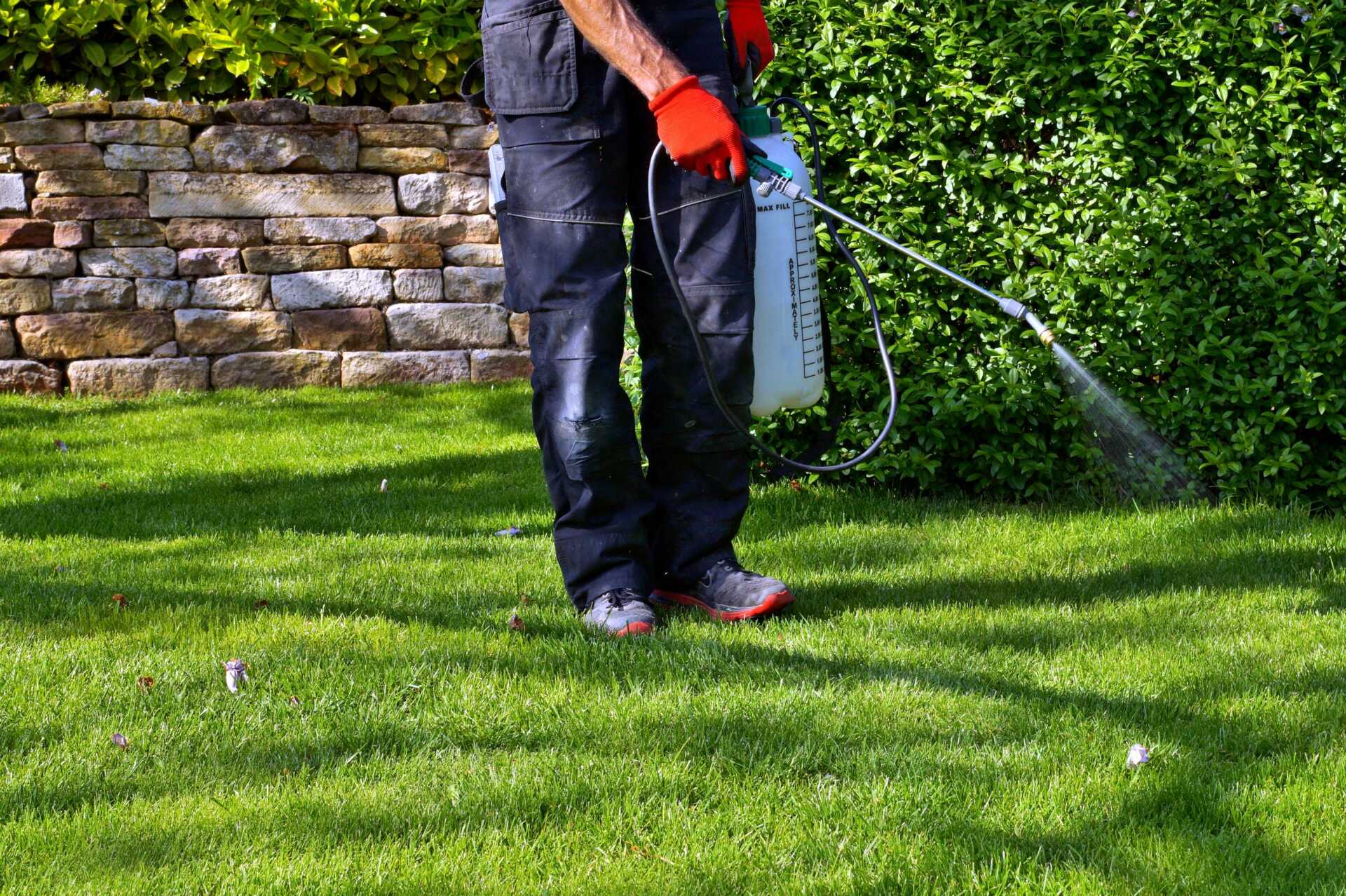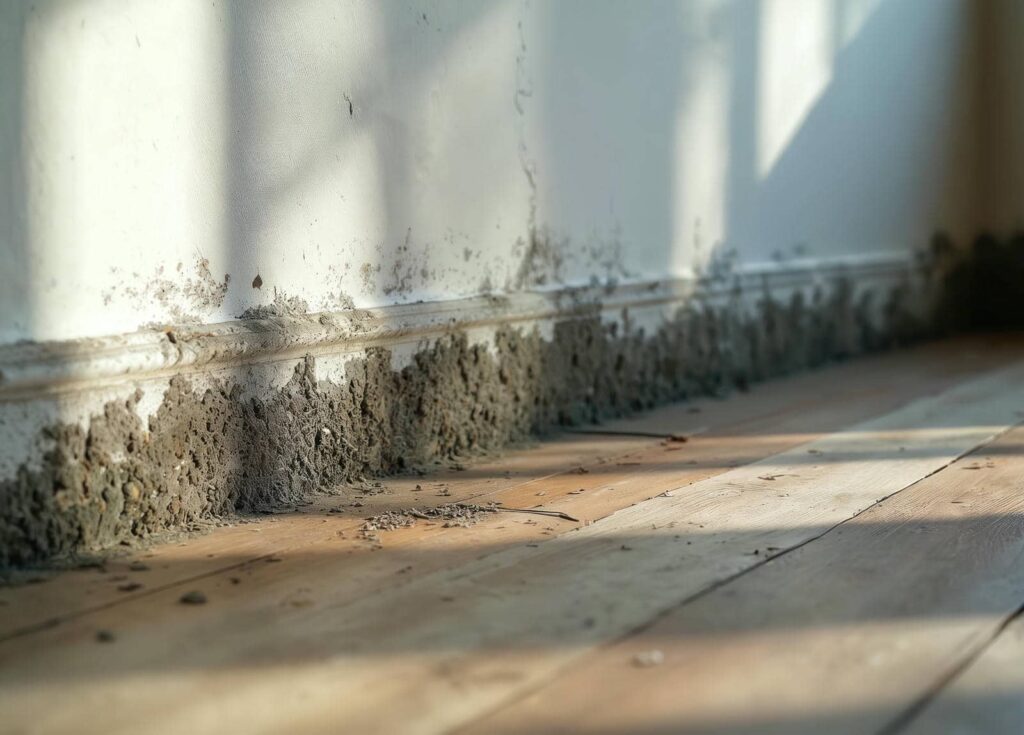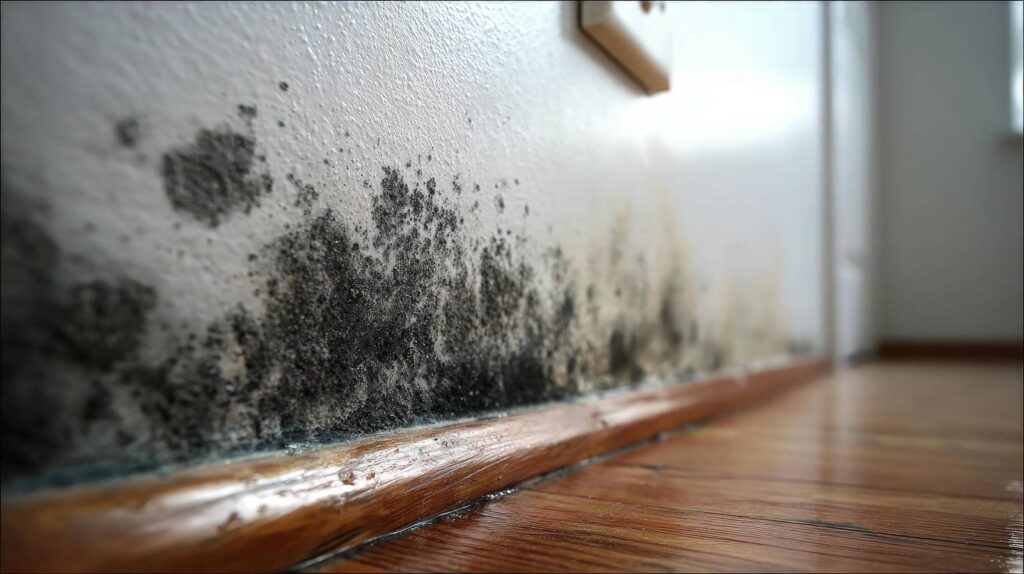Contents
Have you ever wondered if there are effective natural remedies to tackle pest infestations in your home? From peppermint oil to cedarwood chips, there are ten best-kept secrets that can help you combat unwanted critters without resorting to harsh chemicals. These remedies offer an eco-friendly and lasting approach while also providing long-term protection against various pests. So, if you’re looking to create a pest-free environment using natural solutions, keep on exploring to discover the best ways to keep your home free of pests.
Peppermint Oil
When addressing pest infestations, one natural solution that has gained popularity is peppermint oil. The potent aroma of peppermint oil is recognized to deter pests such as ants, spiders, and even mice. This natural remedy acts as a deterrent because of its strong scent, which overwhelms the insects’ senses, hindering their ability to navigate and communicate, ultimately prompting them to move away from your residence.
To effectively use peppermint oil, combine 10-15 drops of the oil with water in a spray bottle and apply it along entry points, cracks, and crevices where pests might enter.
Moreover, saturating cotton balls with peppermint oil and positioning them in areas susceptible to infestations can help discourage pests. Remember to replace the cotton balls and spray every few days to uphold the strength of the scent.
Research has indicated that peppermint oil deters pests and can disturb their reproductive cycles, further assisting in pest control endeavors. This natural remedy isn’t solely efficient but also safe for use around pets and children, making it a favored option for those seeking to avoid harsh chemicals in their living spaces.
Vinegar Spray
When dealing with pest infestations, utilizing vinegar spray can be a powerful tool in your arsenal. The acetic acid in vinegar is effective in killing bugs on contact, making it a natural and non-toxic alternative to chemical pesticides.
In addition, vinegar spray is safe to use around pets, ensuring a pest-free environment without posing risks to your furry companions.
Vinegar Kills Bugs
To effectively combat pest infestations, one natural remedy that has shown promising results is the use of vinegar spray. Vinegar, with its acetic acid content, can be a powerful tool in eliminating bugs from your living space. Here’s why vinegar kills bugs:
Interrupts Pheromones: Vinegar interrupts the trails of pheromones that bugs use to navigate, causing confusion and deterring them from infesting your home.
Dehydrates Insects: The acidic nature of vinegar can dehydrate insects upon contact, leading to their demise.
Destroys Eggs: Vinegar has the ability to break down the protective coating of insect eggs, preventing them from hatching.
Masks Scent Trails: By masking the scent trails bugs leave behind, vinegar can effectively interrupt their communication and foraging patterns.
Repels Bugs: The strong smell of vinegar acts as a natural repellent, discouraging bugs from entering your space.
Incorporating vinegar spray as a pest control method can be a safe and effective way to address bug infestations naturally.
Safe for Pets
Using vinegar spray as a natural pest control method is effective and also safe for your pets. The acetic acid in vinegar disturbs the insects’ nervous system, making it an excellent alternative to chemical pesticides. It is environmentally friendly, and it also poses minimal risks to your furry companions.
| Benefits of Vinegar Spray for Pets | Description | How to Use |
|---|---|---|
| Non-toxic | Vinegar is safe for pets when diluted properly. | Mix 1 part vinegar with 1 part water. |
| Cost-effective | Vinegar is an affordable pest control solution. | Spray directly on affected areas. |
| Versatile | Can be used indoors and outdoors. | Reapply after rain or every few days. |
When using vinegar spray, make sure your pets are not in direct contact with the solution until it dries to prevent any potential irritation. This natural remedy provides a pet-safe way to combat pest infestations without harming your beloved animals.
Diatomaceous Earth
Diatomaceous Earth is a natural pest control remedy that’s safe for use around pets and humans. Its effectiveness lies in its ability to dehydrate and kill insects upon contact.
When applying Diatomaceous Earth, make sure to wear protective gear and evenly spread a thin layer in areas where pests are present to maximize its potency.
Safe Pest Control
Utilizing a naturally occurring substance known as diatomaceous earth can be an effective method for safe pest control in various infestations. This fine powder, made up of the fossilized remains of diatoms, works by dehydrating insects upon contact, making it a safe alternative to chemical pesticides.
Mechanism of Action: Diatomaceous earth’s abrasive texture damages the exoskeleton of insects, leading to dehydration and eventual death.
Non-Toxicity: Unlike synthetic pesticides, diatomaceous earth poses no harm to humans or pets when used correctly.
Long-Lasting: Once applied, diatomaceous earth remains effective as long as it stays dry, providing ongoing pest control.
Versatility: This natural remedy can be used indoors and outdoors, making it suitable for a wide range of pest infestations.
Environmental Impact: Diatomaceous earth is eco-friendly, breaking down naturally without leaving harmful residues in the environment.
Considering these benefits, diatomaceous earth stands out as a safe and reliable option for those seeking effective pest control methods without resorting to harsh chemicals.
Application Tips
Proper application techniques are essential to ensure effective pest control using diatomaceous earth. When applying diatomaceous earth, ensure that the powder is dry and the area is dry as well.
Begin by using a duster or a shaker to evenly distribute the powder in areas where pests are present or likely to travel. Focus on crevices, cracks, and entry points where insects are known to frequent. It’s crucial to wear a mask during application to prevent inhalation of the fine particles.
After applying the diatomaceous earth, leave it undisturbed for a few days to allow it to work its magic. Reapply the powder after rain or if the area becomes damp to maintain its effectiveness.
Remember that diatomaceous earth works by dehydrating insects, so it’s important to keep the powder dry for optional results.
Boric Acid
Boric acid, a white powdery substance, is a potent natural remedy for pest infestations. When dealing with unwanted critters in your home, boric acid can be a powerful ally in your battle against pests. Here’s why:
Mechanical Damage: Boric acid works by adhering to the exoskeleton of insects, causing physical harm when they clean themselves, leading to dehydration and eventual death.
Disturbance of Digestive System: Once insects ingest boric acid, it disturbs their digestive system, leading to starvation and death.
Low Toxicity to Humans and Pets: Unlike chemical pesticides, boric acid has low toxicity levels for humans and pets, making it a safer option for pest control.
Residual Effectiveness: Boric acid remains potent even after application, providing long-lasting pest control in your home.
Wide Range of Use: From cockroaches to ants and silverfish, boric acid is effective against a variety of pests, making it a versatile solution for infestations.
Citrus Peels
Citrus peels can act as a natural deterrent for pests due to their strong scent and natural compounds that insects find repelling. The powerful aroma emitted by citrus peels, like those from oranges, lemons, and grapefruits, contains substances such as limonene and citronella, which function as natural insect repellents. By strategically placing these peels around entry points or areas prone to pest activity, they can assist in deterring ants, spiders, and other unwelcome creatures from invading your living spaces.
Insects possess a strong sense of smell, and the intense fragrance of citrus peels can disturb their ability to locate food sources or navigate effectively. The presence of citrus peels can disorient pests, making your home less appealing to them. Furthermore, the natural oils in citrus peels can serve as a barrier, establishing an environment that insects would rather avoid.
To utilize citrus peels as a pest deterrent, save the peels after enjoying the fruit and position them near windows, doors, or any other entry points. Replace the peels every few days to maintain a strong and effective scent. This natural approach not only aids in keeping pests away but also introduces a refreshing, citrusy fragrance to your living spaces, fostering a pleasant and pest-free atmosphere.
Lavender Sachets
Lavender sachets, small pouches filled with dried lavender flowers, offer a natural and aromatic solution to ward off pests in your home. Lavender, known for its calming scent, also possesses properties that repel insects. Placing sachets strategically around your living spaces can help create a pest-free environment while adding a pleasant fragrance to your home.
Natural Repellent: Lavender contains essential oils that act as a natural insect repellent, deterring pests like moths, flies, and mosquitoes.
Easy to Use: Simply place lavender sachets in areas where pests are a concern, such as closets, drawers, or near entry points like windows and doors.
Long-Lasting: The fragrance of dried lavender flowers can last for months, providing continuous pest protection without the need for frequent replacements.
Safe for Pets and Humans: Unlike chemical insecticides, lavender sachets are safe to use around pets and children, offering a non-toxic pest control option.
Multipurpose: In addition to repelling pests, lavender sachets can also help freshen up small spaces and promote relaxation with their soothing aroma.
Neem Oil
To address pest infestations effectively, another natural remedy to explore is neem oil. Derived from the seeds of the neem tree (Azadirachta indica), this potent oil has been used for centuries due to its insecticidal properties. Neem oil contains compounds like azadirachtin, which interrupt the life cycle of pests such as aphids, mealybugs, and spider mites.
When applied to plants, neem oil acts as a repellent, making the plant undesirable to pests. Additionally, it can suffocate soft-bodied insects upon contact. To utilize neem oil as a natural pest control method, mix it with water and a small amount of dish soap to help the oil emulsify. Then, spray the solution on both the tops and bottoms of leaves where pests tend to hide.
One of the advantages of neem oil is its low toxicity to beneficial insects like bees and ladybugs, making it a safer option for your garden ecosystem. However, it’s crucial to avoid applying neem oil during the hottest parts of the day to prevent plant damage. Regular applications every 7-14 days can help control pest populations effectively.
Cucumber Slices
When combating pest infestations in your garden, consider utilizing cucumber slices as a natural remedy. Cucumber slices hold properties that can deter pests and protect your plants effectively. Here’s why cucumber slices can be beneficial:
- Cucumber slices emit a subtle odor that repels common garden pests.
- The moisture content in cucumber slices can attract certain pests away from your plants.
- Placing cucumber slices strategically around your garden can create a barrier that pests are less likely to cross.
- The natural compounds in cucumbers act as a deterrent without harming beneficial insects.
- Regularly replacing cucumber slices maintains the effectiveness of this natural pest control method.
Observing the behavior of pests in your garden can help you determine the best placements for cucumber slices. Remember to replace the slices as needed, especially after rain or watering, to uphold their efficacy. By incorporating cucumber slices into your pest management routine, you can protect your garden in a natural and environmentally friendly way.
Garlic Spray
Periodically, gardeners may encounter pest infestations that threaten the health of their plants. When faced with such a situation, utilizing garlic spray can be a potent natural remedy. Garlic, known for its strong aroma and antibacterial properties, can act as a deterrent for a variety of pests.
To create a garlic spray, start by mincing several cloves of garlic and placing them in a container with water. Let this mixture sit for a day or two to allow the garlic’s compounds to infuse into the water. Afterward, strain the liquid to remove any solid particles before transferring it to a spray bottle for application.
When sprayed on plants, garlic spray releases a pungent odor that repels insects such as aphids, caterpillars, and beetles. Additionally, the sulfur compounds in garlic have insecticidal properties that can help eliminate existing pests on your plants. Relying on the garlic spray after rain or watering is important to maintain its effectiveness.
Using garlic spray not only wards off pests but also promotes a healthy garden environment without the use of harmful chemicals. By harnessing the power of garlic, you can protect your plants and foster a thriving garden ecosystem.
Cedarwood Chips
Cedarwood chips are a natural solution that can effectively deter pests from infesting your garden. These aromatic chips add a pleasant scent to your outdoor space and a powerful repellent against unwanted insects. Here are some reasons why cedarwood chips can be a great addition to your pest control arsenal:
Natural Repellent: Cedarwood contains natural oils that act as a repellent for pests such as mosquitoes, moths, and ants.
Long-Lasting: Cedarwood chips have a slow release of their oils, providing enduring protection against pests in your garden.
Environmentally Friendly: Using cedarwood chips as a pest deterrent is an eco-conscious and eco-friendly method that doesn’t harm the environment.
Safe for Plants: Unlike chemical pesticides, cedarwood chips are plant-friendly and won’t cause any harm to your garden.
Versatile Usage: Cedarwood chips can be placed in planters, around flower beds, or even hung in mesh bags to protect different areas of your garden.
Incorporating cedarwood chips into your gardening routine can help create a pest-free environment while also adding a natural and earthy touch to your outdoor space.
Final Thoughts
Integrating natural remedies into your pest control strategy can effectively deter unwanted intruders while maintaining a safe and eco-friendly environment. Like a well-tended garden, these remedies act as a protective barrier against pests, ensuring a harmonious coexistence with nature. By harnessing the power of plant-based solutions and natural substances, you can create a sanctuary free from pest infestations, symbolizing an eco-friendly and balanced ecosystem within your home.




